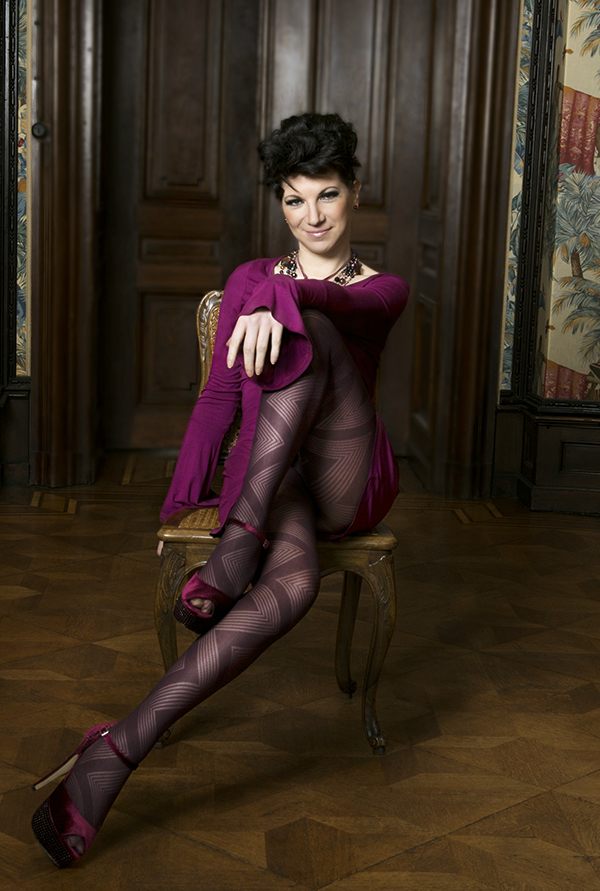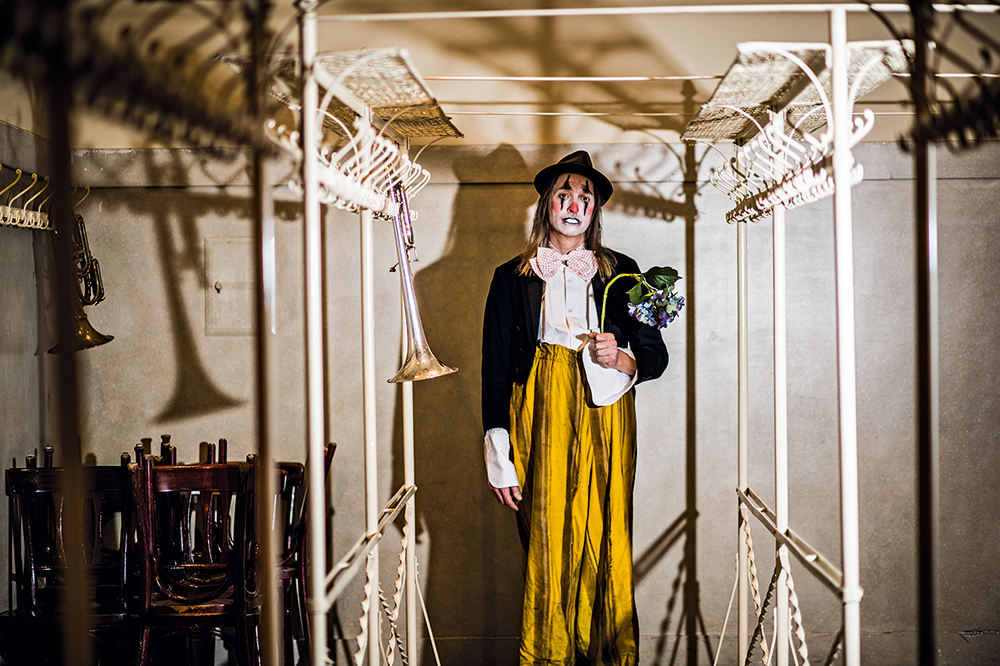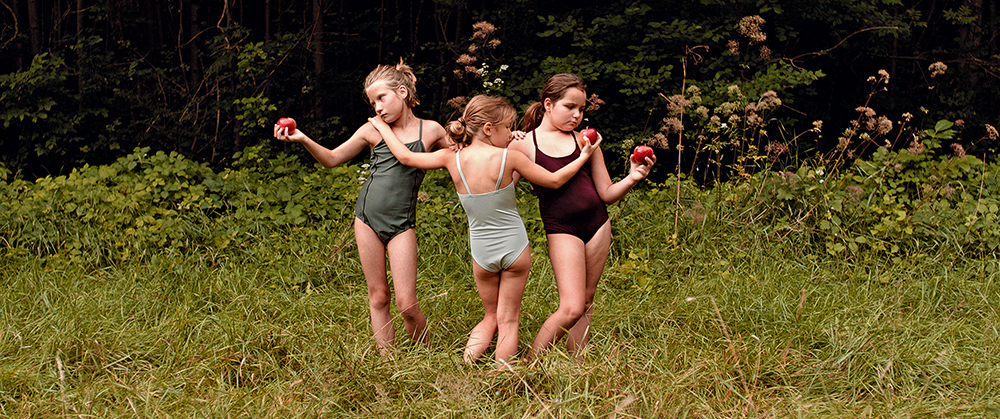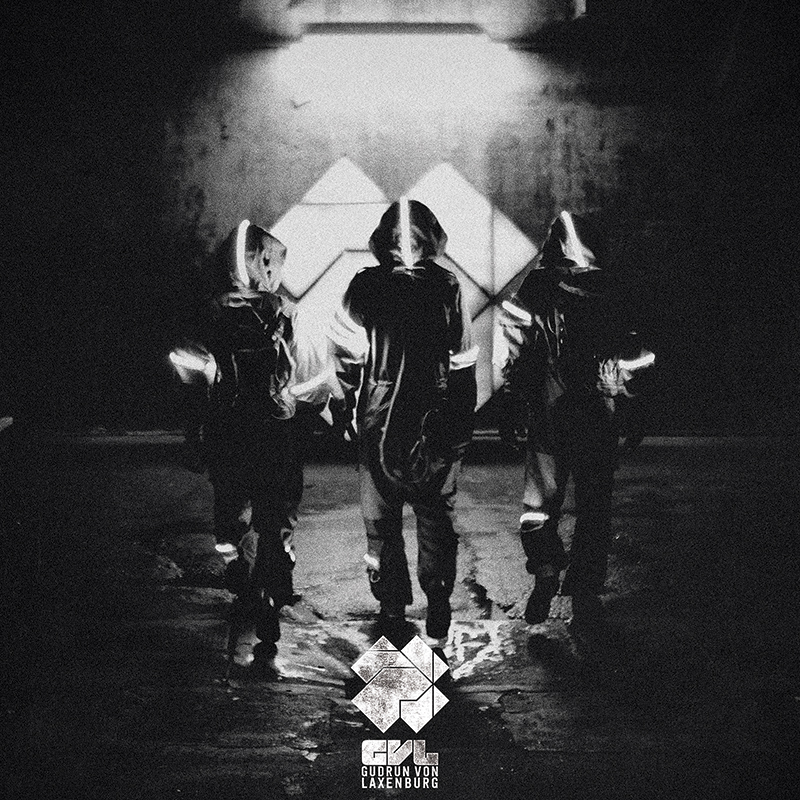15 June will witness the fourth edition of the mdw’s Aufspiel event. All evening long, the mdw will be showing off its many and diverse artistic facets. This time around, the focal point of this presentation of superlatives will be the concert halls of Vienna Konzerthaus.

Those who set foot in the Vienna Konzerthaus on 15 June shouldn’t have too much trouble making split-second decisions— because the planned programme is tightly clocked. For the fourth time, now, the mdw is inviting the public to the Aufspiel, which will see the university spend an evening showing off all of its kaleidoscopically scintillating strengths. Following guest appearances at Palais Auersperg and at the Volkstheater, this year’s event will be taking over the Vienna Konzerthaus. From 7 May to 23 June, the Konzerthaus will be putting on its traditional Musikfest. And this year’s Musikfest, alongside focussing on Pierre Boulez (who passed away in 2016), will also honour the mdw’s 200-year history by integrating the Aufspiel into its programme.
Aufspiel guests will have difficulty finding any doors that aren’t open to them. All concert halls will be performed in continually and simultaneously starting at 5:30 p.m. The musical spectrum ranges from chamber music to singing and on to brass and percussion offering a multi-phonic cross-section of the mdw’s musical activities. There will be lots to interest film lovers, as well: a best of screening by the Film Academy will present prizewinning works by students including Maria Luz Olivares Capelle’s graduation film Wald der Echos, which—among other awards—won this year’s Austrian Film Prize in the Best Short Film category. Also programmed is the short documentary Schwerelos by Jannis Lenz, which was named Best Documentary in the student competition of the Festival des Film du Monde de Montréal.
Right around the corner, at the Akademietheater, drama will also be seen in its live variant: a play will be put on by third- and fourth-year students of the Max Reinhardt Seminar. And those who’d like some theory to go with all the practice will be pleased to see the mdw’s research departments present selected research projects—for, to paraphrase Maxim Gorki: art is the world’s soul, but science is its intellect.
The evening’s musical performances will be kicked off by the mdw Saxophone Orchestra in the large entrance hall of the Konzerthaus. And at 6 p.m., you’ll be able to choose between a concert by the Percussion Ensembles, the Webern Chamber Choir, or the Lichtental Trio (comprised of violin, cello, and piano). In the Mozartsaal, the wind sextet Federspiel—whose reputation has by now spread far beyond the university—will present its ebullient and eclectic mix of folk music, brass band, Balkan music, pop, and verbal humour. Last year, this group opened the Vienna Festival together with the contemporary folk music ensemble Alma.

One musician who, as a former teacher of one of its members, has known Federspiel well since the very beginning is Leonhard Paul—himself an mdw graduate and a trombonist in the legendary group Mnozil Brass, who are also on this year’s Aufspiel programme. Paul holds Federspiel in high regard: “The first one of them I noticed was trumpeter Simon Zöchbauer, who—when they came for lessons—would constantly question why they should play this or that like I’d told them to. It showed me that something unique was taking shape, there—which has since then definitely turned into something fantastic.” And after all, says Paul, several members of his own group had had a difficult time with their own teachers: “That ultimately doesn’t matter, though. Because if you want to last, you’ve got to avoid being nothing more than someone’s disciple.” Besides which, continues Paul sardonically, the Aufspiel now gives Mnozil Brass the opportunity to make up for diplomas never completed.

In addition to a best-of set, these brass comedians are planning to present some passages from their brand new programme Cirque—which is something like an exclusive sneak preview, because
the programme’s official Austrian première, likewise at the Konzerthaus, will only be taking place this autumn. Prior to that, the band will tour the USA for several weeks with this programme, which revolves largely around a circus-related theme.
In 2018, Mnozil Brass will have been on the scene for 25 years. Their idea of combining a brass band with comedic interjections was originally something of a stopgap measure, as Leonhard Paul explains: “I remember hours-long performances at organic foods markets where it was an awful chore to hold people’s attention. We absolutely had to squeeze in short breaks between the numbers to avoid killing our lips, and that’s how the whole joke-thing got started.” Ten years later, they began working with directors in order to lend their performances some dramaturgical structure.

At 7:00 pm, in the Großer Saal, Franz Welser-Möst will conduct the Webern Symphoniy Orchestra in the Fourth Symphony by Felix Mendelssohn. Dramaturgy is also a theme in a challenging interactive project with the working title Super Mario (Gaming Strategies for 52 musicians) by the Contemporary Urban Beat Ensembles (Cube), which brings together several departments to deal with composing methods of today and the future. This project, which will hit the stage at 8:30 p.m. in the Großer Saal, is being led by Herbert Pichler and Hermann Ortler from the Department of Popular Music. The musical material that will be heard in this ca. 40-minute performance is being composed exclusively by students. The audience, however, will be invited to involve themselves in the process via their mobile phones by voting on where the composition should go next as it’s performed. “We’ll have a 52-piece orchestra up there, a cross between classical orchestra, big band, and rock band, and there will also be very elaborate visuals. The objective is to merge art music and entertainment music,” explains Herbert Pichler. This project will see its première prior to the Aufspiel, at the Radiokulturhaus on 24 May.

Thereafter, there will be the presentation of an Aufspiel exclusive involving both students and instructors: singer Willi Resetarits—who sits on the mdw’s University Board—is reviving an old musical partnership with saxophonist Wolfgang Puschnig for the university’s bicentennial. Up to ten people will join them in new interpretations of songs from the largely Croatian-speaking town of Stinatz, Burgenland as well as a few surprises.
Vocal tributes will be sung by the celebrated mezzo-soprano Elisabeth Kulman in her concert programme La femme c’est moi. Accompanied by an ensemble of seven, Kulman will interpret music by Wagner, Verdi, Strauss, Bizet, and Mozart, as well as by the Beatles, Michael Jackson, and Edith Piaf—a breath-taking tour across centuries of music history. Kulman, who trained at the mdw under Helena Lazarska, will perform at 8:30 p.m. in the Mozart-Saal.
Guests can continue enjoying music at the Aufspiel well into the evening. A party with live music in the Berio-Saal will begin at 11 p.m., and very different acts will treat the guests to a broad spectrum of sound: Gudrun von Laxenburg, for example, is a techno-punk band. These electronic musicians have become well known for their lavish multimedia shows and clear political statements, and they’ll be releasing their next album, entitled Panic, in 2017. Even now, the walls of the Konzerthaus are trembling in expectation.
- You’ll find all acts and further information on the Aufspiel at www.mdw.ac.at/aufspiel
- Tickets (€ 25) are available at www.konzerthaus.at/mdw200

